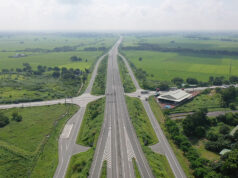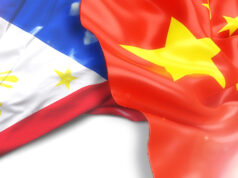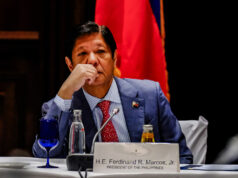Rights group blasts Imee’s PRRD bill

BAGUIO CITY — Human rights alliance Karapatan denounced the proposal of Senator Maria Imelda “Imee” R. Marcos, dubbed the President Rodrigo R. Duterte (PRRD) bill, that seeks to prohibit the transfer of individuals within Philippine territory to any foreign entity not recognized through a treaty, or without a local court order.
“Imee Marcos wants to turn the country into a haven for Duterte’s co-conspirators in the drug war as well as other high-ranking political leaders and military officers who may be held liable in the future for crimes against humanity,” said the human rights group’s secretary general Cristina Palabay.
The bill references Duterte’s arrest by the International Criminal Police Organization (Interpol) last March on the basis of a valid arrest warrant for crimes against humanity issued by the International Criminal Court (ICC).
Ms. Palabay believes, “among those she wants to shield are Sen. Ronald ‘Bato’ dela Rosa who is reportedly on the verge of being arrested by the ICC,” she added. “Even Imee Marcos’ own brother Ferdinand Jr. may benefit, should such a law be passed, since he is already accountable for numerous war crimes perpetrated in the course of his brutal counter-insurgency war
“This bill plays into the myth of a competent and fully functioning justice system in the country, one that dispels any hint of impunity,” Ms. Palabay decried.
“And yet no less than the Department of Justice (DoJ) has admitted that it could not prosecute suspects in the drug war killings because the police refused to cooperate and hand over evidence and necessary documents, among others,” she said.
Ms. Palabay added that, “facing a brick wall, the DoJ had to admit that it had no choice but to allow the ICC to pursue cases related to Duterte’s bloody war on drugs.”
Karapatan further decried Ms. Marcos’ proposal as “thoroughly self-serving and is a slap in the face of the tens of thousands of victims of Duterte’s drug war as well as those who suffered other injustices committed under his regime.” — Artemio A. Dumlao



